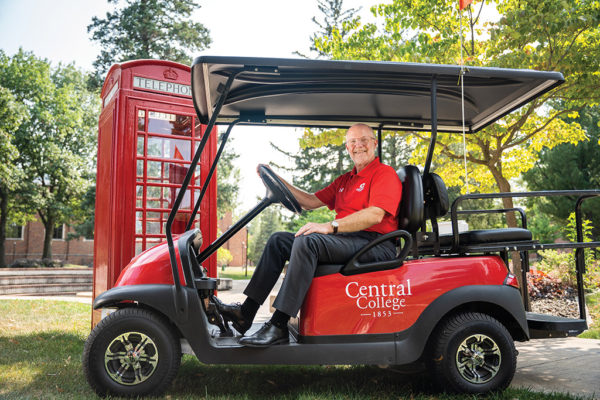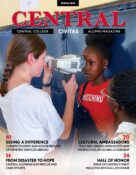
Many years ago, I used the phrase “I’m stuck” to express my frustration with a tough homework assignment or some other problem I needed to solve.
Those two simple words seemed to be universally and immediately understood by teachers, parents and friends. They offered a verbal key that unlocked the door for help since the expression did not communicate any inability or unwillingness on my part. Rather, the phrase elicited an instinctual response from those with a desire to be helpful. They helped me see that if I was willing to change the way I was thinking or what I was doing I could discover a new way to succeed.
While I don’t say “I’m stuck” out loud these days, the expression does cross my mind at times. The personal and professional skills gained through a lifetime of problem-solving automatically foster solution-thinking, creativity and innovation.
But such interventions typically begin with the acknowledgment that I need to find another gear if I am to get where I need to go.
This past year has taught me a lot about getting unstuck and finding another gear. In the midst of a pandemic, there were no reliable maps to follow. No GPS to tell me where and when to turn. There was pressure to move fast, but my instincts often told me to drive slowly and carefully.
Anyone who has driven a vehicle with a standard transmission knows that if you are going to find another gear, you need to push in the clutch and maybe even apply the brake. We tend to avoid this because pausing or even stopping feels like we are not making progress.
However, shifting gears has certain benefits depending on the situation. Sometimes we need to shift up so that we can find more energy and go a bit faster to get beyond a situation. Other times we need to shift down so that we can climb a hill, find more traction or navigate a turn in the road. We may find ourselves stuck behind a slow-moving vehicle we wish to pass or maybe we are just stuck in the mud.
Finding another gear is highly contextual and requires interpretation. We need to think about the kind of gear we need at a particular time.
As educators, we seek to blend a broad-based education in the arts and sciences with professional and experiential learning. Our task is to provide as many potential gears for our students as possible. In the classroom, lab and studio — as well as in practice settings like internships, undergraduate research, service learning and international opportunities — students experience the vast array of life circumstances they will encounter along the way.
Much of this teaches them to be resilient, creative and innovative so whenever they need to, they can find another gear.












To encourage serious, intellectual discourse on Civitas, please include your first and last name when commenting. Anonymous comments will be removed.
Comments are closed.